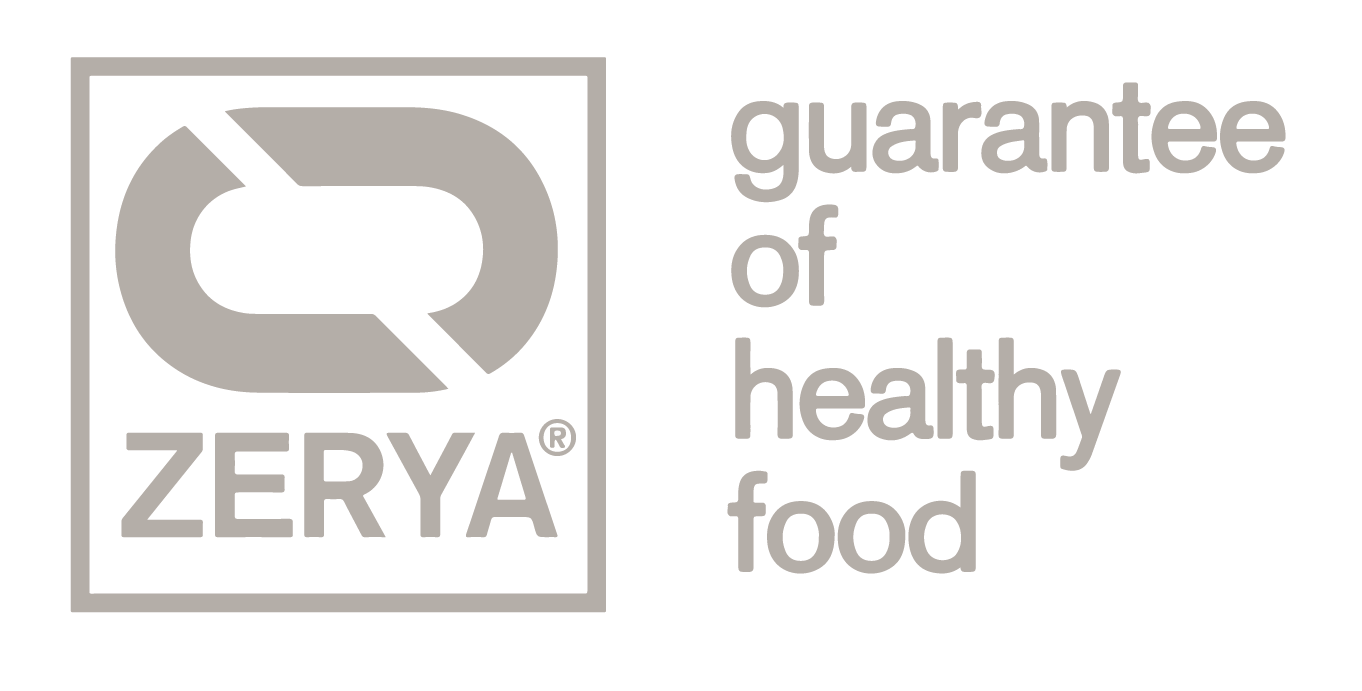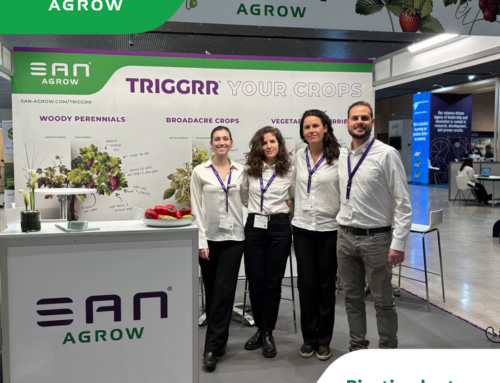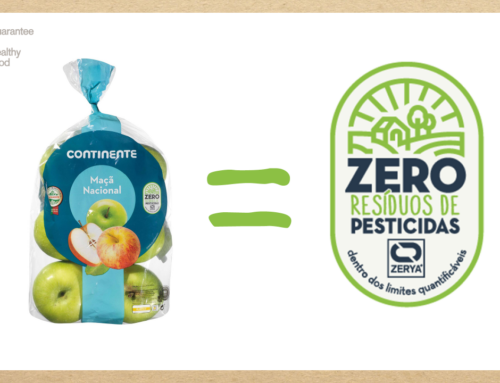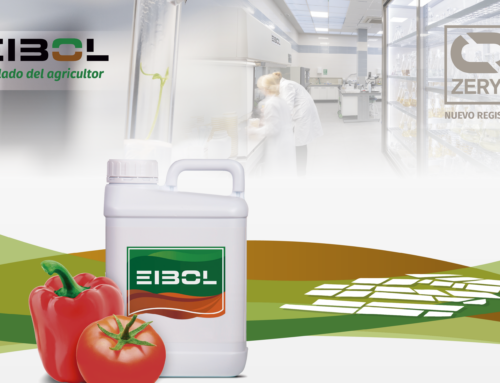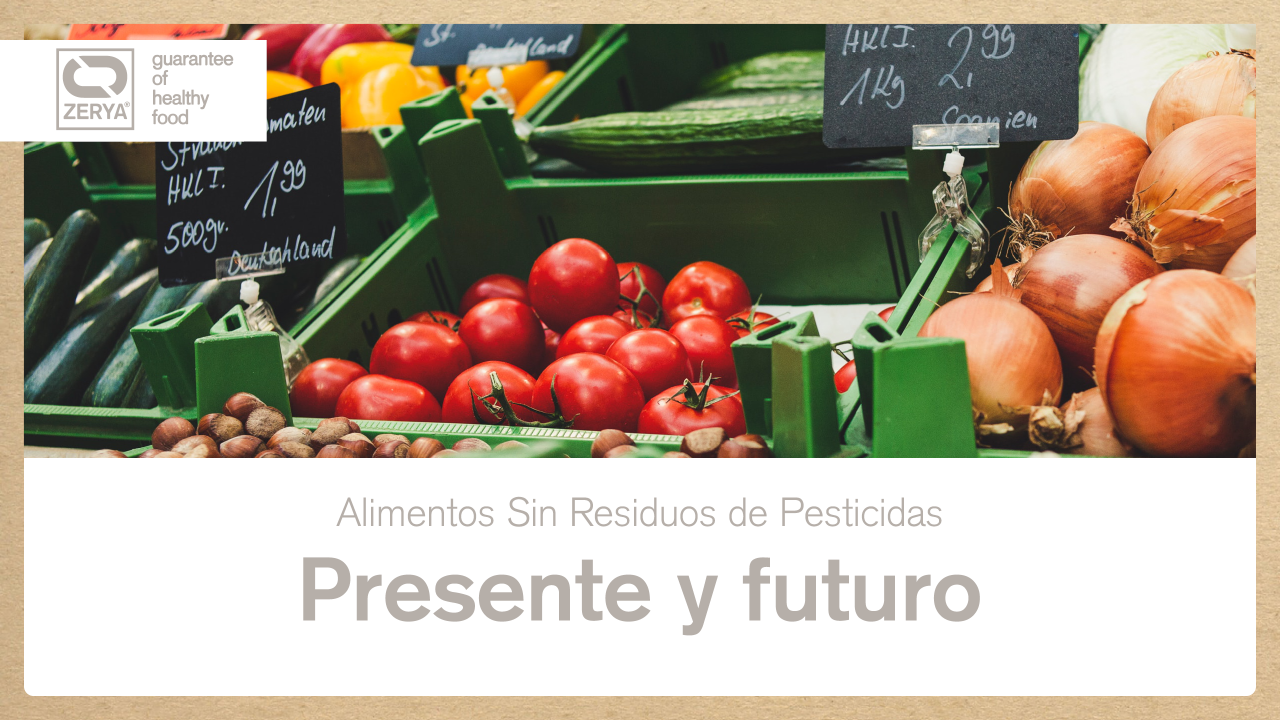
Agricultural production of products without pesticide residues is increasing every day and at ZERYA Producciones sin Residuos S.L. we standardize the cultivation protocols that allow us to implement this model and take care of the environment, producers and consumers in the medium and long term.
Producers are key to our nutrition
At any time of the day, when we eat something, we consume the fruit of the work of producers who, although they may seem distant and unknown to us, we must value them beyond their agricultural yields. We must also value them for the conservation of the environment, of rural environments and for being the beginning of that great value chain that allows us to eat safe and quality products.
The impact of consuming products free of pesticide residues goes far beyond individual health, as it repositions priorities in the entire production ecosystem. Some of the most important positive impacts are:
- Significantly reduces the amount of waste discharged into the environment from phytosanitary treatments
- Preserves the health and nutrient availability of agricultural soils
- Promotes better care of the water cycle and its reuse treatments
- It reduces farmers’ dependence on inputs, streamlining costs and making their business more profitable and efficient.
- Reduces the carbon footprint, since reducing the amount of treatment products also reduces the impact of their transportation and manufacturing.
- It prevents losses in biodiversity both in the soil microbiome and in the invertebrates and vertebrates of the agricultural environment. The product presented on our table is the result of the synergy of multiple living organisms.
This is the case of Juan Morata, quality manager at SAT Peregrin, who has implemented the sustainable and waste-free agriculture model with the help ofZERYA.
At the consumer level, why do we prefer a product without phytosanitary residues?
Labelling is the result of decades of rigorous and scientific work by the entire supply chain. We start from the fact that the European Food Safety Authority (EFSA) defines how and when controls of the so-called MRLs (maximum permitted residue levels) are applied. This means that each product that reaches the large distribution network must have passed the respective controls to verify that it does not exceed its MRLs.
One of the debates surrounding MRLs is focused on the analysis of the characteristics of each product analysed. As regards human health, EFSA informs us that Less than 2% of products circulating in Europe exceed the MRLs, leading to the conclusion that, while they confirm that the MRLs are respected, they ignore the issues of continued and persistent exposure to products with phytosanitary residues.
This has been reflected through the study of the Biosanitary Research Institute and the CIBERESP of the University of Granada coordinated by Dr. Freire and Dr. Olea, in which, thanks to a cross-sectional study carried out For 22 years in a Spanish population of boys and girls, the presthe presence of waste in the body’s adipose tissues, which are what actually store waste, iwas observed The study has managed to establish a direct relationship between this storage and the advancement of puberty.
On the other hand, since we are surrounded by a large amount of waste in our environment, we must not forget the cocktail effect that is generated by the combination of these molecules. The cocktail effect and persistent exposure over years have a substantial influence on our organism and that is why more and more consumers are demanding from large retailers a product offering that guarantees waste-free products on our table.
The transition to a “pesticide-free” diet
At ZERYA we support the transition of producers and large distribution groups to accompany them in the change of model towards a more responsible production and consumption that takes into account the beneficial impacts for the entire ecosystem that can be achieved with this model of agriculture.
ZERYA’s mission is to offer a tool for differentiation to producers who want to make that effort beyond what is legally required, to rationalize and reduce the use of phytosanitary products, to protect biodiversity, to protect the health of their workers and consumers, to adopt new technologies, to take care of natural resources by understanding and promoting ecosystem services, in short, producers who, despite how arduous and demanding their work is, decide to take that path.
The ZERO Waste Range from Continente in Portugal
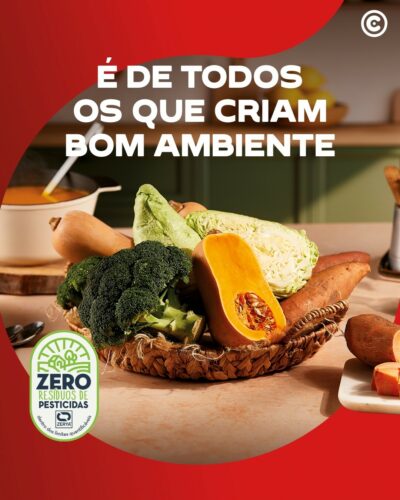
Currently, 44 members of the Continente Producers Club covering around 2,700 hectares have joined the ZERO Waste program, which aims to develop personalized agricultural production systems focused on good agricultural practices and healthy products.
It is a more sustainable production system that promotes biodiversity. Ondina Afonso, president of the Continente Producers Club
In this way, the retailer is committed to quality production free of waste, guaranteeing good practices at the source and healthier fruits and vegetables.
And for 4 years it has allowed:
- Ensure a high level of product quality.
- Respect the environment, increase biodiversity and soil protection.
- Be recognized by the consumer.
Discover why Continente supermarkets offer an increasingly complete range
Labelling a product as “Certified Free of Pesticide Residues” is the result of work that sometimes involves two or three learning and system improvement campaigns. It is very difficult for a small label to contain so much information, but the recognition is fully deserved.
At ZERYA Producciones sin Residuos S.L. We are dedicated to ensuring both pesticide-free and regenerative agriculture, two practices that benefit the environment and people’s health. By investing in our crop management, we contribute to a positive impact on the crops and food that reach our tables.
If you want to know more about us or how you can enjoy waste-free food, write to us at consultas@zerya.org or call us at +34 622 690 956.
